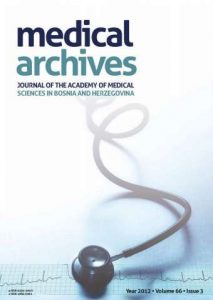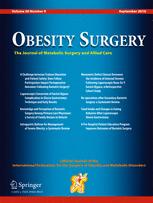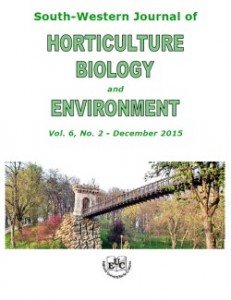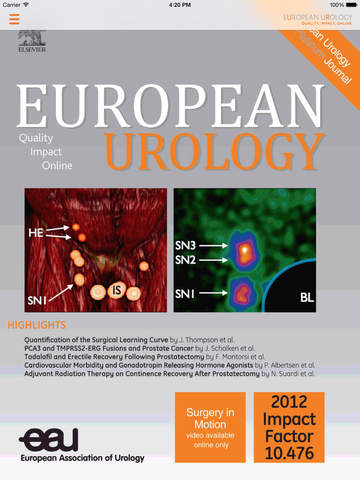Sometimes, the best way to expose a problem with the publishing process is to put it to a test — perhaps by performing a Sokal-style hoax, or submitting a paper with obvious flaws.
In 2014, that’s just what a researcher in Kosovo did. Suspicious that a journal wasn’t doing a thorough job of vetting submissions, she decided to send them an article of hers that had already appeared in another journal. Her thinking was that any journal with an honest and thorough peer review process would hesitate to publish the work. But this journal didn’t — at least at first. Though they retracted the paper this summer, it took a few twists and turns to get there.
The researcher wasn’t the only one wary of the journal — it’s on Jeffrey Beall’s list of “potential, possible, or probable” predatory publishers. Appropriately, Beall recounts the story of her sting operation on his blog. Here’s how it all went down:
Continue reading Sting operation forces predatory publisher to pull paper



 With retraction notices
With retraction notices 



 A journal has retracted the results of a clinical trial comparing strategies for bladder tumors after the authors mischaracterized the way patients were assigned to each procedure.
A journal has retracted the results of a clinical trial comparing strategies for bladder tumors after the authors mischaracterized the way patients were assigned to each procedure. A journal has retracted an abstract after discovering the author didn’t submit it — and also because it appears “highly similar” to a previous publication in Chinese.
A journal has retracted an abstract after discovering the author didn’t submit it — and also because it appears “highly similar” to a previous publication in Chinese.